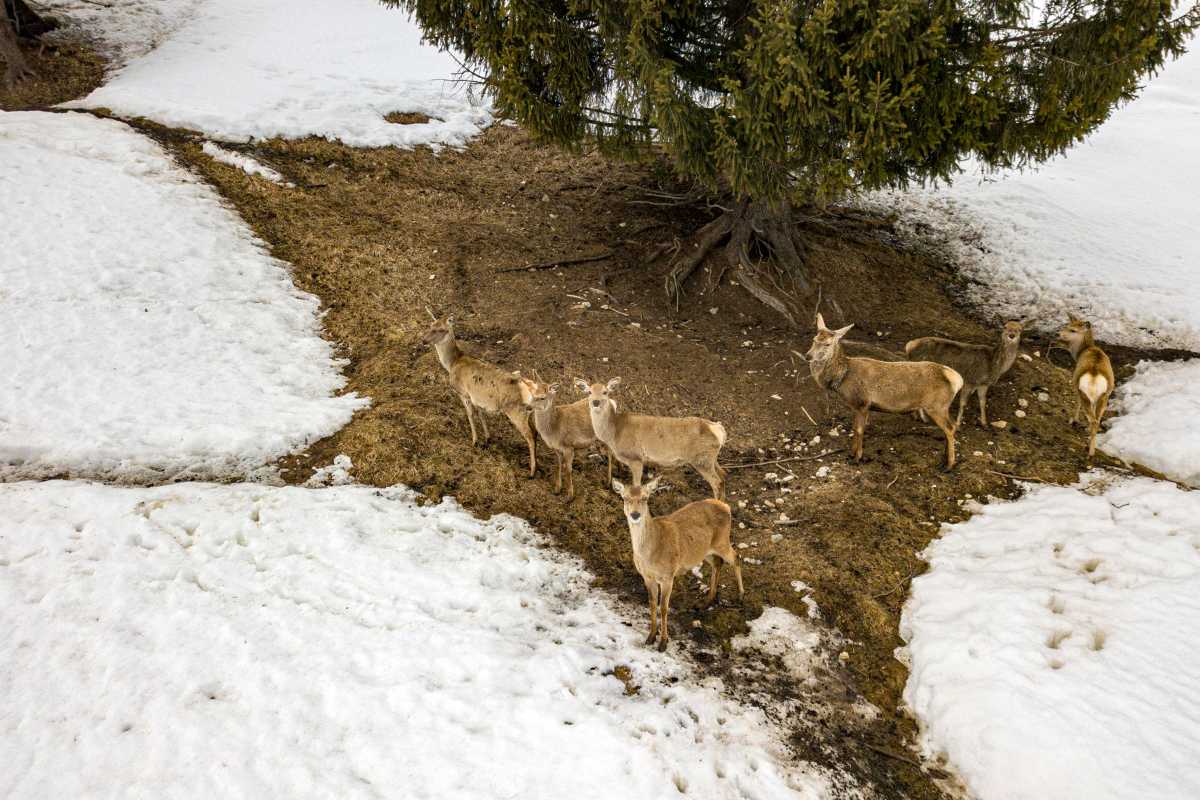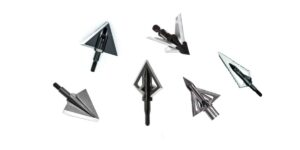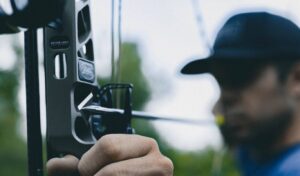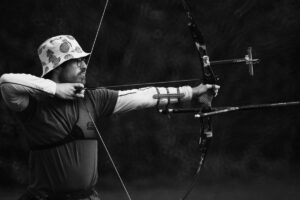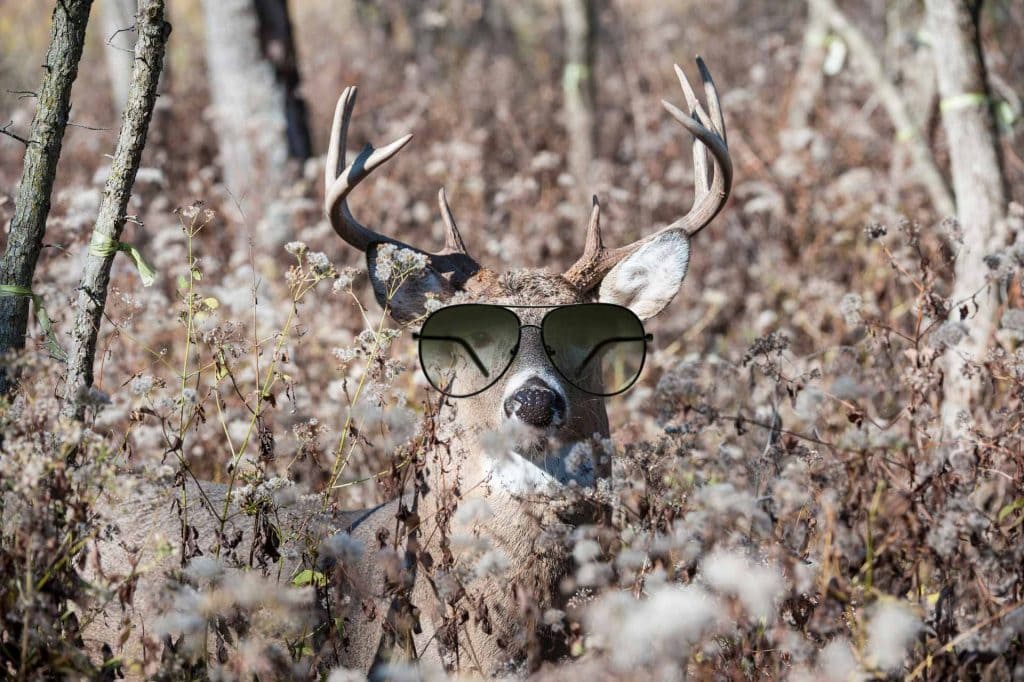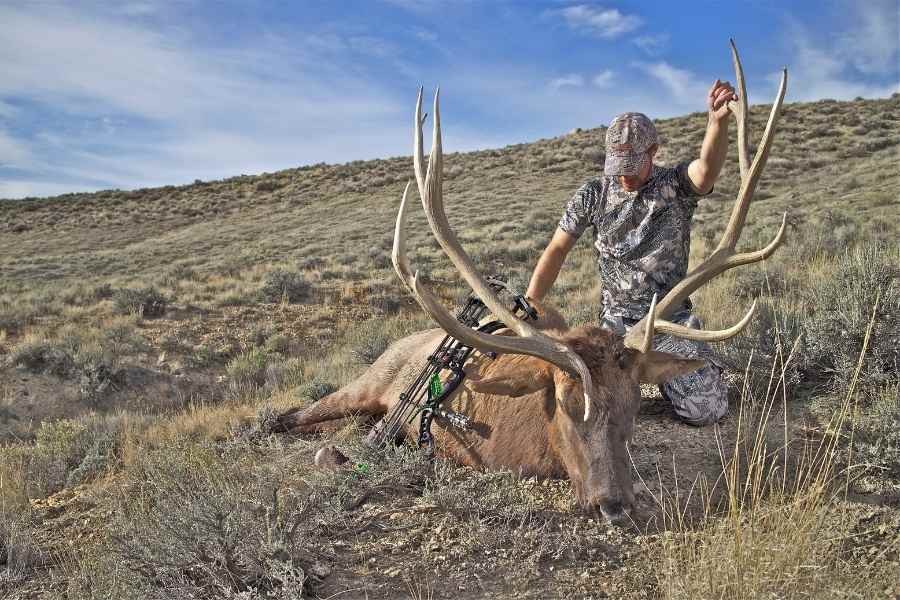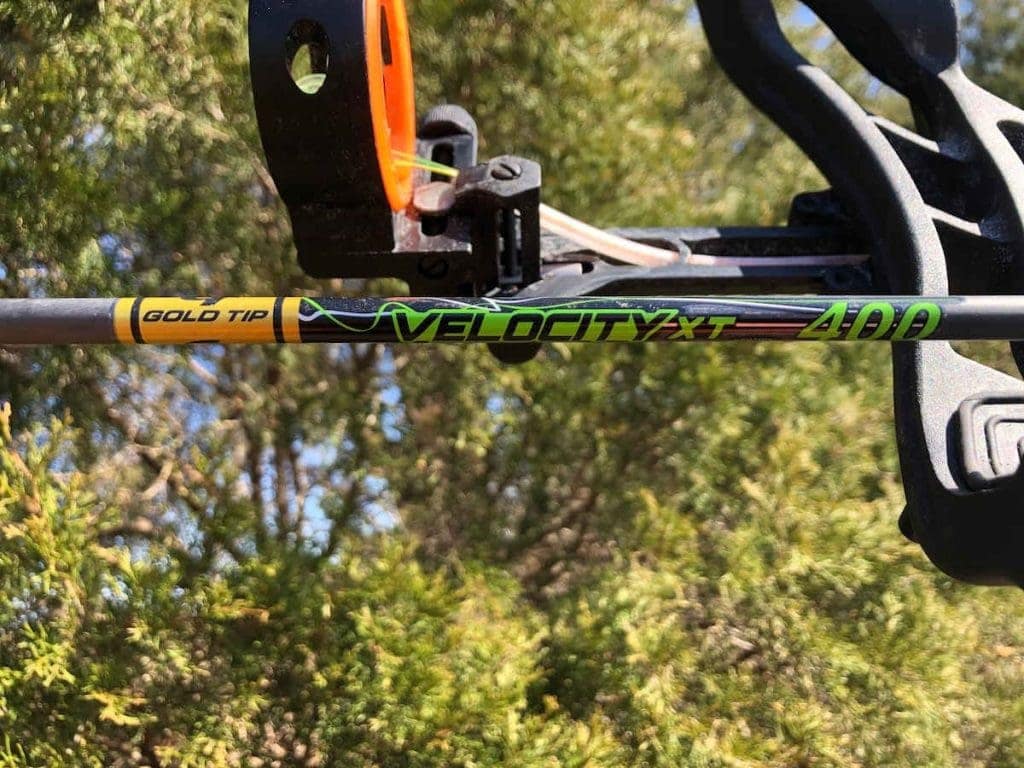Using drones in hunting has sparked a heated debate among hunters, wildlife enthusiasts, and conservationists.
While drones have become increasingly popular for deer recovery and surveys, using them to locate and kill an animal has raised significant ethical concerns and is rightfully illegal.
This article explores the ethical implications of using drones in hunting and the regulations surrounding their use.
Contents (Jump to Topic)
ToggleSome hunters view it as cheating and argue that it undermines the principles of fair chase and sportsmanship. Others believe drones are another tool in the hunter’s arsenal and can be used responsibly.
Ethics of Drone Use
The use of drones in hunting, particularly for deer recovery and surveys, has sparked ongoing debate regarding the ethics and fairness of the sport.
While there are benefits to using drones for these purposes, such as improved efficiency and accuracy, some argue that it goes against the principles of fair chase and sportsmanship.
The ability to locate and track game from a distance, without physically being present, can be seen as an unfair advantage and takes away from the traditional hunting experience.
On the other hand, proponents of drone use argue that it can be a valuable tool for scouting and gathering information about game populations.
They also point out that drones have become increasingly popular in other fields, such as agriculture and wildlife management, and hunters should not be excluded from using this technology.
Whether or not to use a drone in scouting/hunting comes down to personal ethics and judgment.
It is up to individual hunters to weigh the potential benefits and drawbacks and decide to align with their values.
read.. Top Public Land Hunting Tactics
State Regulations
State regulations regarding unmanned aerial vehicles in wildlife management vary across the United States. Some states prohibit using drones for hunting entirely, while others permit their use for specific purposes.
“But other states like Ohio, Wisconsin, Illinois, and Missouri allow for the use of drones for recovering deer after the shot.”
Source: https://www.bowhunting.com/article/the-ethics-of-drones-in-hunting
According to bowhunting.com, the use of drones for hunting purposes is illegal in Pennsylvania, and fines are dealt with for anyone found to be illegally using a drone for hunting in Alabama.
As the popularity of drones among hunters continues to rise, it is essential to consider the potential impact on wildlife populations and the ethical considerations associated with their use.
Impact on Hunting Experience
Integrating unmanned aerial vehicles in wildlife management has generated discourse about the impact on the traditional hunting experience, prompting hunters to reflect on the extent to which technological advancements should be employed in their pursuit of game.
Some argue that using drones takes away from the traditional hunting experience, as it eliminates the need for physical exertion and patience, which are fundamental aspects of the sport.
Cons:
- It allows hunters to bypass animals’ natural instincts and behaviors that must be studied to identify their habits and patterns.
- Relying on drones to locate game will diminish the skill and knowledge required for successful hunting.
- It takes away from the traditional hunting experience
Pro:
- Technology has always been a part of hunting, and drones are another tool to enhance the experience.
- Drones can give hunters a different perspective and enable them to cover more ground without trampling through rugged terrain.
- Drones can be helpful for scouting and locating game, ultimately leading to more successful hunts.
However, the debate over the ethics of using drones in hunting is ongoing.
It is up to individual hunters to decide whether or not to use them, considering the impact on the traditional hunting experience and ethical principles.
My Point of View
From my perspective, I find using drones for wildlife management acceptable. However, the question arises regarding using drones after the shot to locate game that has not deceased yet.
How long should one wait before taking action? Is it morally acceptable to go and “finish” the deer off?
It’s undoubtedly a grey area. As hunters, I strongly believe that we should prioritize ethical hunting practices and adhere to the principles of fair chase.
That’s why I would urge you not to use drones to locate game after the shot. Let us embrace responsible hunting practices that promote conservation, respect for wildlife, and a true connection with nature.
